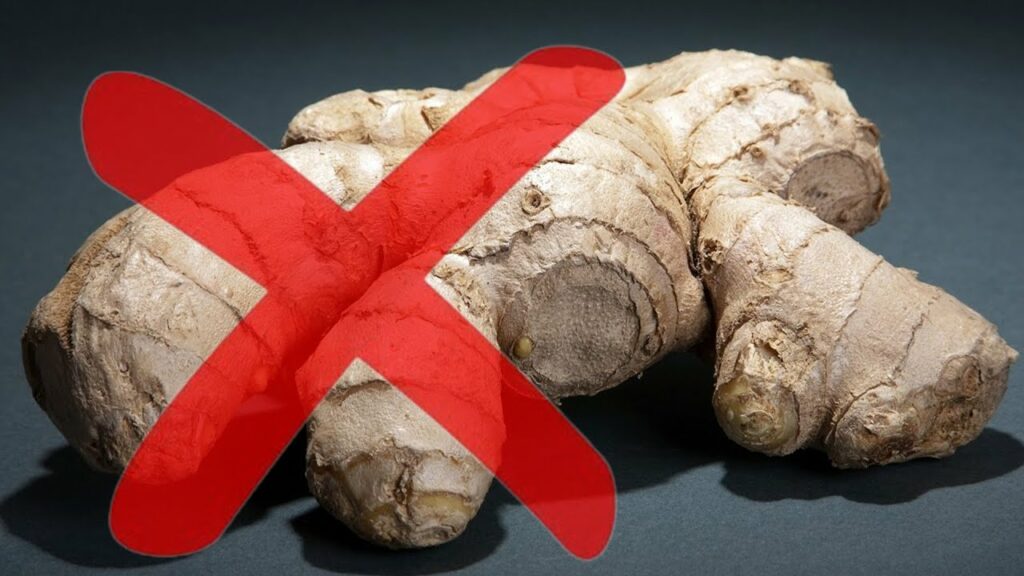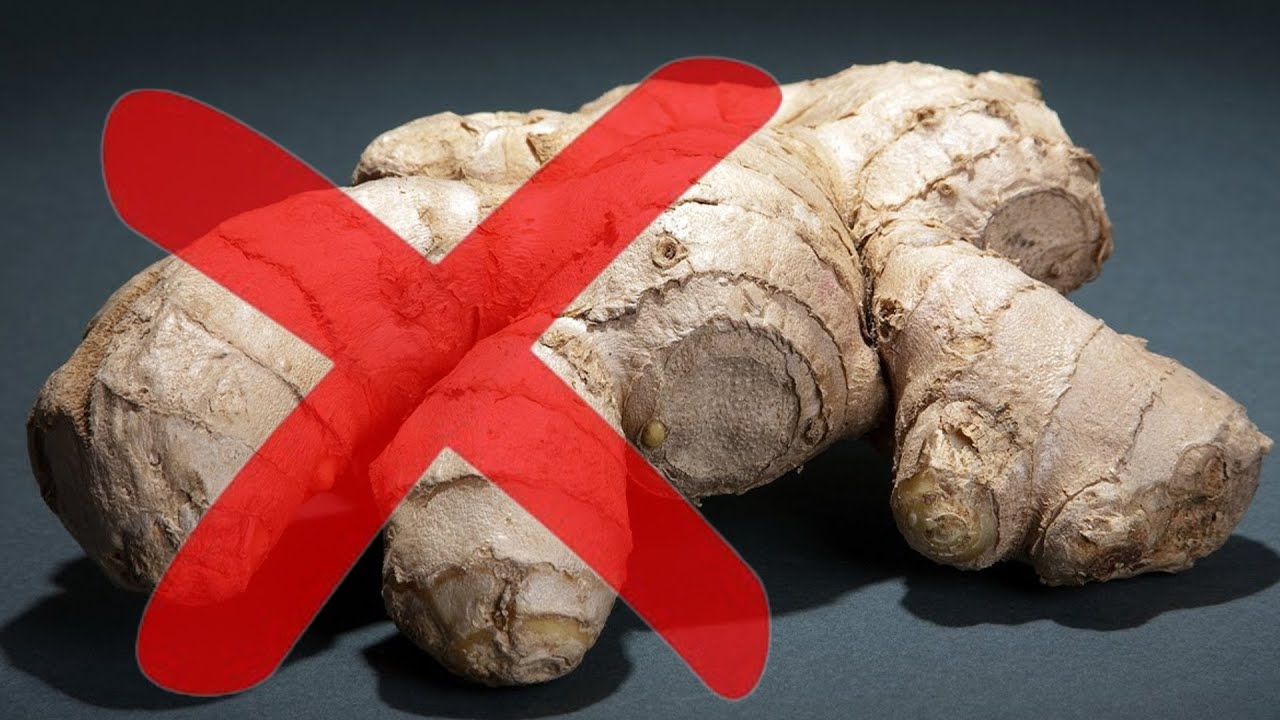
Ginger is well-known for its health benefits, from reducing nausea to soothing inflammation. However, like many natural remedies, it’s not suitable for everyone. There are certain conditions where ginger can do more harm than good, and it’s important to be aware of these potential risks before using it.
When to Avoid Ginger
-
Blood Disorders: Ginger can act as a natural blood thinner, which is helpful for many, but not if you have a blood disorder like hemophilia. If you already struggle with blood clotting, ginger could make the problem worse by preventing proper clot formation.
-
Gallstones: People who suffer from gallstones should avoid ginger. Ginger increases bile production, which may aggravate the condition and cause discomfort or worsen the symptoms of gallstones.
-
Pregnancy Complications: Although ginger can help relieve morning sickness, in large amounts, it may increase the risk of bleeding during pregnancy or interfere with hormonal balance. It’s important to consult with a healthcare professional before using ginger if you are pregnant.
-
Low Blood Pressure: Ginger has been known to lower blood pressure, which is a benefit for many. However, if you already suffer from low blood pressure, consuming ginger could lead to dizziness, fatigue, or fainting due to an excessive drop in pressure.
When in Doubt, Check with a Doctor
If you have any of these conditions or are on medications like blood thinners, it’s important to speak with your healthcare provider before consuming ginger. While ginger offers many health benefits, it’s always better to be cautious if it could worsen an existing health problem.
Understanding when to avoid ginger can help you make safer choices for your health!





